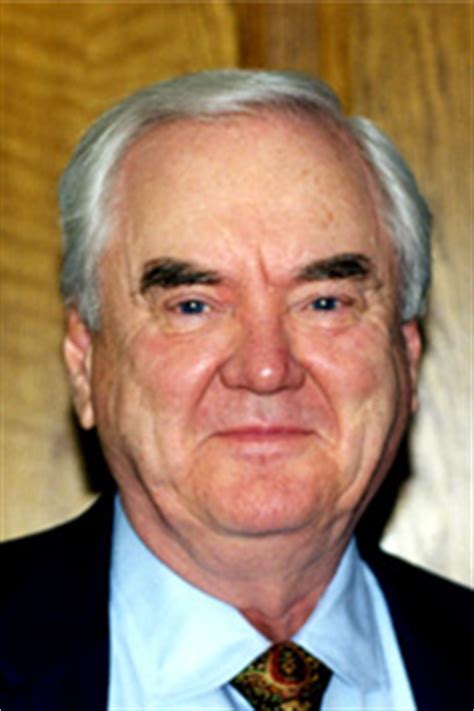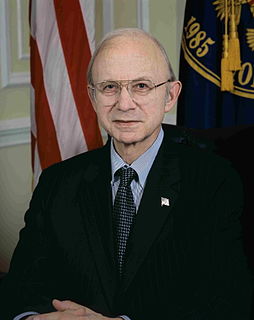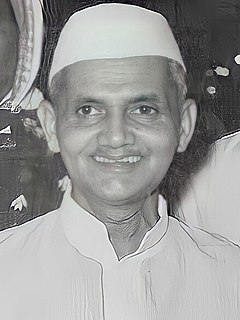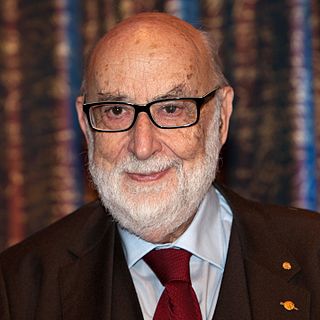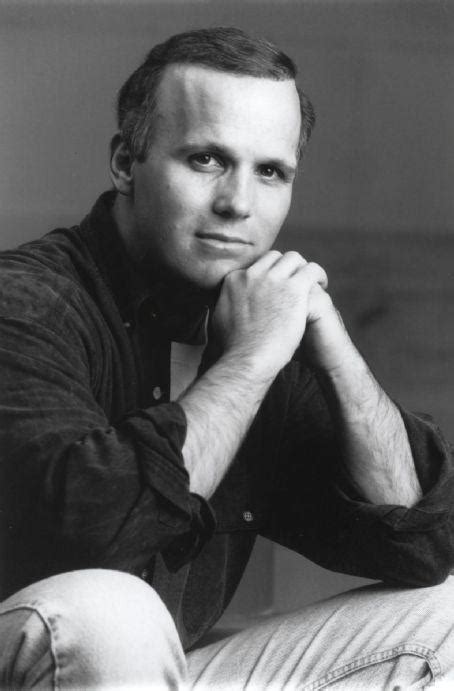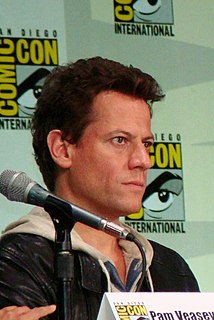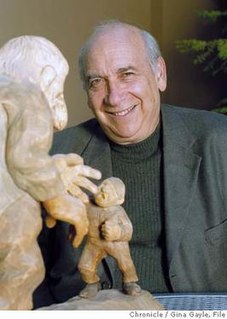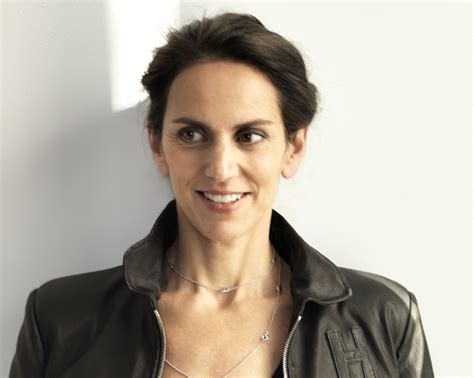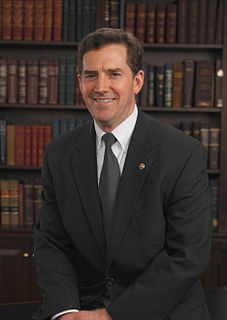Top 1200 Historical Research Quotes & Sayings - Page 3
Explore popular Historical Research quotes.
Last updated on November 19, 2024.
If one were to claim that the U.S. occupation forces in Iraq have been provided with "keys to heaven" by the Pentagon, would that need historical research to be disproved or would you just say, "That's just propaganda"? Indeed, how can you disprove the claim that U.S. soldiers have such keys? Or why should you disprove such ridiculous claims? It is the accusers who must provide the evidence.
We probably have, right now, after the Civil Rights movement - and this was very unfortunate - the most glaring time of giving up on Africa, saying we're Americans. We are Americans. I'm not arguing that point. So are the Italians. So are the Germans. So are the Jews. We're Americans with an historical geography of origins outside of the United States as all people, maybe except the indigenous Americans who came here so long ago, who have generations of people whose historical origins are right here but whose initial historical origins are somewhere in Asia.
Whether I like it or not, most of my images of what various historical periods feel, smell, or sound like were acquired well before I set foot in any history class. They came from Margaret Mitchell, from Anya Seton, from M.M. Kaye, and a host of other authors, in their crackly plastic library bindings. Whether historians acknowledge it or not, scholarly history’s illegitimate cousin, the historical novel, plays a profound role in shaping widely held conceptions of historical realities.
Communism is Utopia, that is nowhere. It is the avatar of all our religious eschatologies: the coming of the Messiah, the second coming of Christ, nirvana. It is not a historical prospect, but a current mythology. Socialism, by contrast, is a realizable historical system which may one day be instituted in the world.
I've never like had a system or a program, I always think that I don't know how to act. I'll adapt to any director because I don't really have a set way that I do things. If a director hires me and says, "I want you to get started right now and do this research, this research, this research and I want you to have every line memorized before you ever show up for the first day," then that's what I'll do.
My obsessions stay the same - historical memory and historical erasure. I am particularly interested in the Americas and how a history that is rooted in colonialism, the language and iconography of empire, disenfranchisement, the enslavement of peoples, and the way that people were sectioned off because of blood.
If the Holocaust didn't take place, why then did this regime of occupation come about? Why do the European countries commit themselves to defending this regime? Permit me to make one more point. We are of the opinion that, if an historical occurrence conforms to the truth, this truth will be revealed all the more clearly if there is more research into it and more discussion about it.
I'm not entirely sure what a historical novel absolutely has to be, but you don't want a reader who loves a very traditional historical novel to go in with the expectation that this is going to deliver the same kind of reading experience. I think what's contemporary about my book has something to do with how condensed things are.
The technological overflow from scientific research has brought scientific research this bad name about carrying an irresponsibility and an alienation from God - because scientific research has led to things like the atom bomb, it's led to problems with depletion of ozone in the Earth's atmosphere, or at least it's revealed those problems.
Research is fundamental; finding as much as you can and never giving up. I love the research. It is my "precise time". Not just for interviews but of footage, photographs never seen before. It is a painstaking process that satisfies me. The research never ends. I was still researching while I was promoting the Diana Vreeland book. I love reading books and going to original sources.
I cannot disagree with you that having something like 500 economists is extremely unhealthy. As you say, it is not conducive to independent, objective research. You and I know there has been censorship of the material published. Equally important, the location of the economists in the Federal Reserve has had a significant influence on the kind of research they do, biasing that research toward noncontroversial technical papers on method as opposed to substantive papers on policy and results
"Endow scientific research and we shall know the truth, when and where it is possible to ascertain it;" but the counterblast is at hand: "To endow research is merely to encourage the research for endowment; the true man of science will not be held back by poverty, and if science is of use to us, it will pay for itself." Such are but a few samples of the conflict of opinion which we find raging around us.
I'm pleased to say that it [ a paper on the history of Attica] got much recognition with a 99 grade. It was shown to the Attica Historical Society, who enthusiastically responded to it and read it at one of their annual meetings resulting in an article in the local newspaper about this excellent paper being presented. As I now look back at it, I think of that as being really my first book and did indicate that I did have interest in research.



